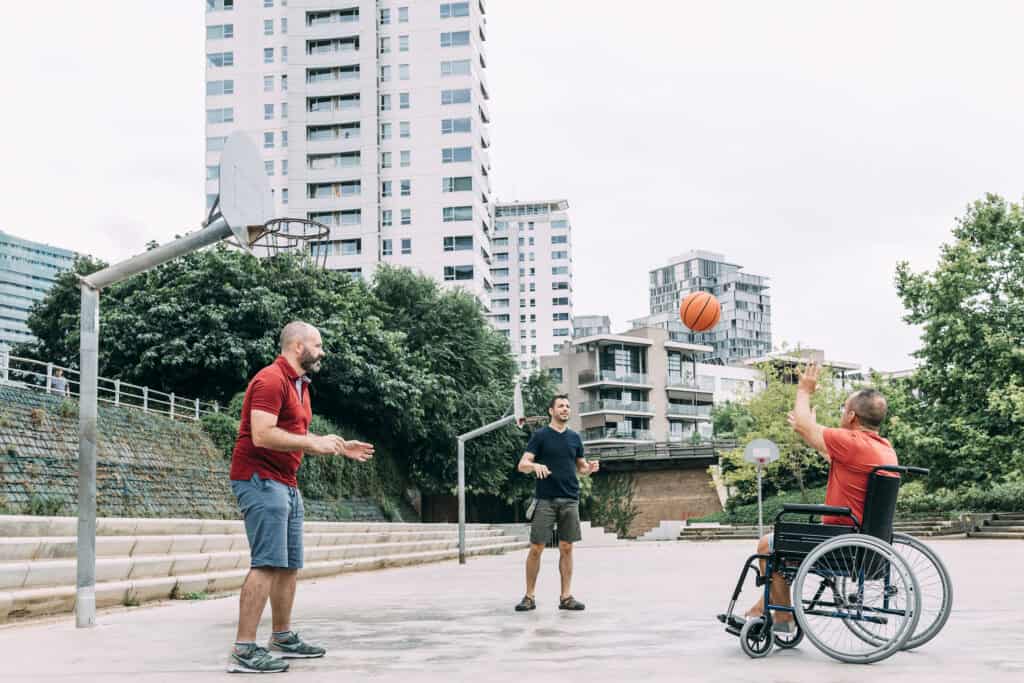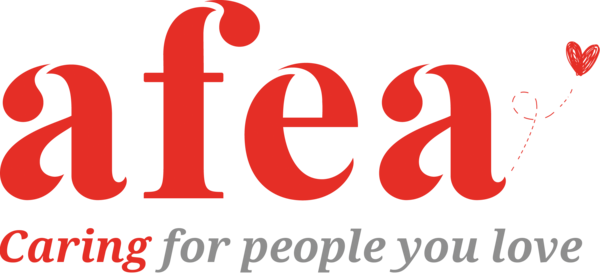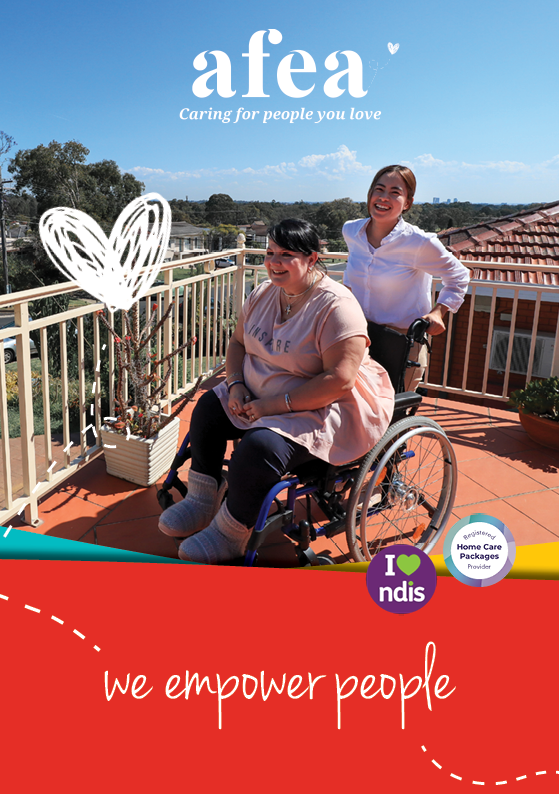Did you know that NDIS participants only utilise up to 75% of their plan budget? This means participants are not using at least a quarter of their allocated funds, leaving weeks of supports and services on the table. This is unfortunate, especially for those with funding for Core Supports, which is the most flexible funding under the NDIS.
In this article, we’ll take a look at how you can fully utilise your flexible Core Supports funding and get all the support you need.
What are funding for Core Supports?
Core Supports funding is the money you can use for your everyday activities and disability-related needs.
This is also the most versatile. It is one of the three types of support budgets that may be funded by the NDIS.
The other two are Capacity Building, which help build your independence and skills such as support coordination and plan management services, and Capital Supports, which is used to pay for higher-cost items such as assistive technology and home modifications.
What can I spend my Core Supports funding on?
Knowing what is covered by Core Supports will give you several ideas as to what you can spend it on.
Core Support has four categories. As this budget is flexible, you can move your funding across any of the support categories depending on your needs, regardless of where the budget is allocated.
However, this same flexibility may not be applicable to the Transport category, as how you can spend your transport funding and how it is paid to you (whether upfront or in regular payments) will be different for each person. You can read more in our guide to NDIS transport and driving supports.
Assistance with Daily Living

This is assistance or supervision with personal tasks and activities that will help you live as independently as possible.
One example is paying for a support worker to assist you with weekly personal care, such as showering or toileting.
You can use your funding to pay for assistance with:
- Housekeeping
- Cooking & meal preparation
- Yard maintenance
- Laundry and folding clothes
- Grocery shopping
- Respite care
If you find that you have funding left to spend, you can decide to increase the frequency of your care services, e.g. from once a week to twice a week.
You can also think about receiving assistance in other areas of your home life. For example, you may only be receiving services to get dressed in the morning, but you can consider extending your support worker’s hours so they can provide assistance when you fold the laundry or clean around the house in the afternoon.
Another factor to take into consideration are the changes to the Social, Community, Home Care and Disability Services Industry Award (SCHADS Award). From 1 July 2022, Fair Work requires all part-time and casual employees providing home care and disability services work to be paid a minimum of two hours for each shift or period of work in a broken shift. You can read more about it here.
Consumables
This category helps you purchase everyday items valued at up to $1,500 that you might need to help you with your disability.
Most of these items you can readily buy off the shelf at your local chemist, supermarket and even online, but remember that you can only use your consumables budget on items directly related to your disability.
Some examples may include:
- Continence products
- Catheters
- Child nappy
- Home enteral nutrition equipment
- Low-cost assistive technology
- Equipment to improve mobility
- Translation or interpretive services or apps
If you regularly receive virtual services – for example, a consultation with your Occupational Therapist over Teams or Zoom – you can use your consumables budget to buy a new iPad or any other tablet.
Assistance with Social and Community Participation

This category can help you get out and about and engage with the community. For example, you can hire a support worker to assist you in attending social and recreation activities.
Activities may include:
- Visiting your friends and family
- Keeping active through jogging, biking or team sports
- Attending gym classes or community activities
- Learning new skills, like dance or art
- Watching a movie at the cinema
- Visiting a museum
- Shopping
For example, you may be having a hard time getting ready for your dance class due to your disability. You can use this funding to pay your support worker so they can assist you with choosing appropriate clothes, getting you ready to leave the house and following the directions to your dance class location.
Just remember that while your support worker’s pay will be covered, you will still need to pay for the costs of the activity that everyone else is expected to pay for. This includes membership fees or entrance costs.
Transport
This gives you funding to help you get to work or places that will help you achieve your goals. This may include:
- Getting a driver assessment if you need to drive a modified vehicle
- Accessing specialist driving lessons if you need to learn how to drive a modified vehicle or need additional lessons because of your disability
- Learning how to use public transport
- Cost of support workers who can assist you to get to work, study or join social activities
Fully utilise your NDIS funding with Afea

We hope this guide was able to give you some ideas on how to maximise your allocated NDIS budget. If you need further assistance, reach out to Afea:
- Navigating the NDIS can be confusing and overwhelming! Our Support Coordinators can assist you with understanding your NDIS plan and finding the right providers to fit your care needs.
- If you sign up with Afea Plan Management, you’ll have a dedicated Plan Coordinator who can keep track of all of your spending, process your payment claims and regularly advise you if you are overspending or underutilising your budget. Sign up with us now!















